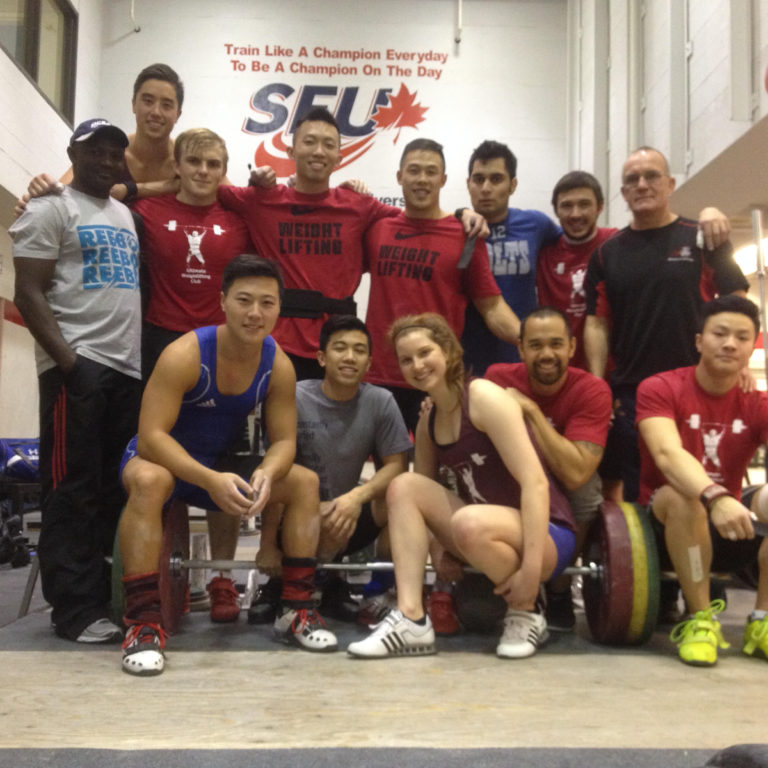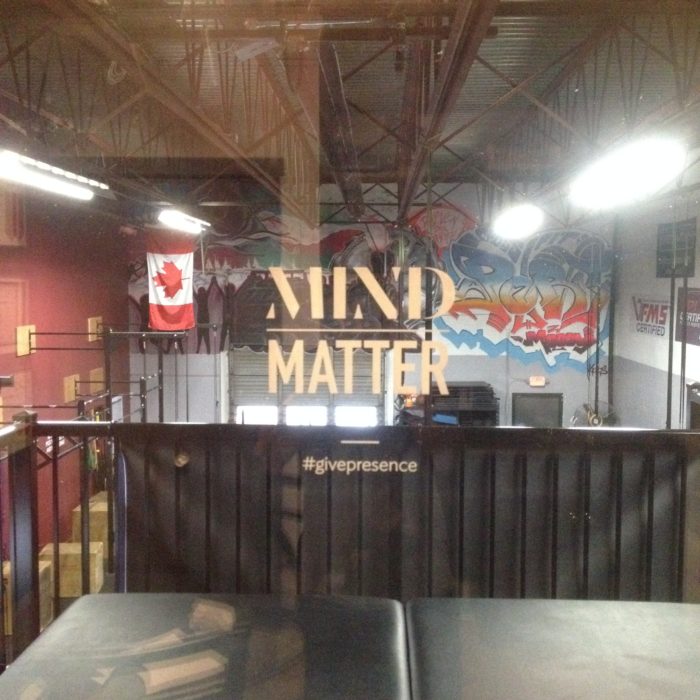Top 3 reasons why you missed your PR your last test

Everyone at Engineered Bodies always gets amped up and excited for test week because it’s an opportunity for our clients to validate all their hard work over the last 6-12 weeks of a program. It’s also a great feeling when you hit your personal record (PR) in a lift, a skill, or in a benchmark workout and you can celebrate it with your friends. Check out some PR’s from our community in the last quarter.
Periodic testing of your performance is important for a few key reasons:
- To gauge your ability in performing a task,
- To provide feedback of your training program,
- It helps to keep your training focused and purposeful, and
- It can help motivate you to reach for another goal after you achieve your goal.
What happens though when you don’t PR during test week? Reality check people, it’s not all rainbows and unicorns when you train and not hitting a PR is going to happen and perhaps it’s already happened to you. Not hitting a PR can also definitely be de-motivating and it’s easy to point fingers and blame your work, blame your kids, or blame coaches or the program. It’s important to remain calm, reflect on your training, and figure out what sort of positive feedback can you take away from the information you collected after you performed the test.
Sure, there is some crappy programming out there that’s random and lacks purpose or an actual goal but that’s another post. There are a few other reasons like lack of sleep, too stressed out, or crappy food choices that could have contributed to the reasons why didn’t PR on your last test but I’m not going to include these details in this post. This post assumes you’re training with a solid program at a training facility where there are good coaches, you get average sleep, eat fairly clean, and you have average stress levels. With that in mind, here are my top 3 reasons why you didn’t PR on your last test along with some corresponding positive take aways you can apply to help you succeed the next time.
Reason #1: You didn’t train enough or hard enough.
Seems pretty harsh but it’s true. What exactly is not training enough or hard enough? It has to do with the frequency of your training as well as the effort you’re putting into each rep when you actually do show up to work. If you’re only showing up once and a while and your efforts aren’t 100%, then there’s a really good chance your body wasn’t forced to adapt to the training stimulus. Reflect on the last 6-12 weeks of the training program, be honest with yourself, and ask yourself the following:
- How frequent and consistent was I in my training over the last program duration?
- Did I give full effort each and every time I went to train? Do I tend to not push myself when it starts to get difficult? Do I take too many breaks for water when I really don’t need it? Do I tend to default my selection to lighter weights even though I know I’ve successfully gone heavier before?
If your answers indicate you didn’t show up enough or your effort was lacking then the take aways could be: that you may need to create a routine in the week where you know you’ll be able to successfully get to more training sessions at the gym. It’s all about priorities and sometimes we can dedicate more time to your training and sometimes your busy life makes it more difficult to get to the gym. If your goal is important to you then perhaps you can block off time in your day that you dedicate to yourself. Once you’ve set up that routine then do your best to be consistent with it. You can also challenge yourself in each training session to push yourself a bit harder when it starts to get uncomfortable. Be mindful when you dog it or when you default to take the easy route and take note of when that happens. Make adjustments and challenge yourself to not do those things. Challenge yourself to be uncomfortable, embrace that feeling, and know that you aren’t going to die if you push yourself a bit harder than you’re used to.
Reason #2: You Overtrained
Understanding if you’ve overtrained is a little tricky but we do occasionally see this come up. We all know those people that want to get their butt blasted every single training day and get frustrated when there are lower intensity days programmed into the week. They’ll then start to add additional training or exercises to the program to get their fix. Your nervous system needs sufficient rest and recovery time and a good program will have these things in mind as the weeks continue. Again reflect on the last 6-12 weeks of the training program, be honest with yourself, and ask yourself the following:
- Did I add anything to the program because I didn’t feel I was being pushed hard enough in the gym?
- Did I add some exercises to the program because I read on the internet performing this exercise was going to help me achieve my goals faster?
If your answers indicate you added stuff then the take away could be: that you need to trust the program and don’t add anything. Remember to keep the goal the goal. Your coach should know how to design a program that will get you to your goals. Last night at Ultimate Weightlifting Club, some of the provincial-level weightlifters preparing for a provincial weightlifting meet in a couple of weeks went for their maxes and not everyone hit a PR. After the session, coach pulled us all together to deliver words of wisdom “Every day has its own way. The next two weeks is vital. Follow the program religiously and don’t try and change anything.” The message was loud and clear.

If you feel your coach’s training program isn’t exactly tailored to your needs then by all means it’s important to have that conversation with your coach so that you can understand the reasoning behind the programming. Assuming your coach knows what they’re doing and you still don’t understand it, my recommendation is to commit to it 100% anyway and see what happens. If you PR, great. If you don’t, then now you know. Don’t try to be your own coach.
Reason #3: You’re Injured
No matter what systems you have in place to mitigate risk to injury, injuring yourself is the unfortunate reality of training, playing, or living daily life. You can roll an ankle getting out of bed. You can some how get a bone bruise out of nowhere that takes 18-months to heal with no corrective strategy that can speed up the healing process. You can have your kid jump on your back in a playful manner and put your back out. You can also forget to stay tight at the bottom of a lift and tweak something. These things happen and will obviously affect your training and testing. If you’re injured in any way then the take away is that: You need to get your injury properly diagnosed if you haven’t already so that you know the corrective strategy to deal with it. You should also work with the right people to help fix you. Don’t think that you’ll just simply train through your injury and expect to get better. I recommend clinicians who are SFMA or TPI-MP3 certified because they truly understand movement and they’ll provide your coaches with recommendations for training modifications so that you can continue to train and not lose everything you’ve worked hard for. You should also understand that your motivation to get back in the game is most likely very high so it’s important that you honour where you’re at in the recovery process and take it slow and steady. When you do start to increase your training frequency, volume, and intensity you’ll get back to form quicker if you don’t rush it.

If you read this post carefully, the top 3 reasons all stem from how you may have decided to deal with a situation. The best athletes, movers, martial artists, and performers in the world know how important the mind and body connection is. They’re training their minds all the time and they’re able to analyze their mindset the moment they miss or don’t successfully PR. They trust their coaches, their own ability, and the program. They’re able to make an adjustment either mentally or physically, and continue to train so that they will be successful. At the end of the day, the person that needs to perform is you so the next time you don’t get a PR on something, take a deep breath and calm your mind. Reflect on your training, be mindful of your training tendencies, honour your recovery in dealing with injuries, take something positive away from the information gathered during that time of reflection, and make the necessary adjustments so that you will be successful the next time you test yourself.

